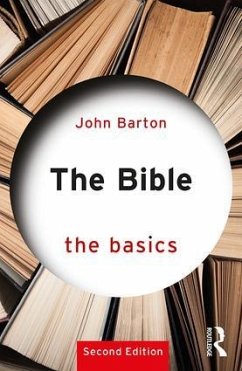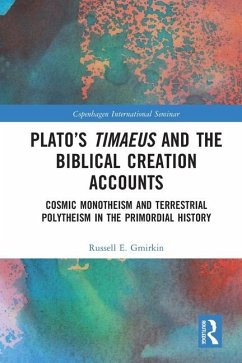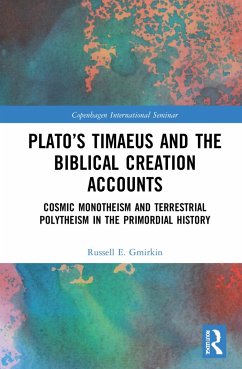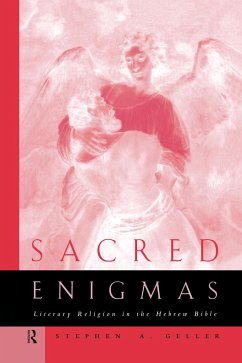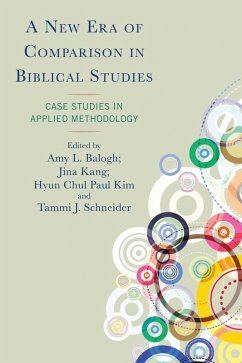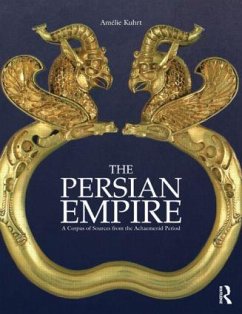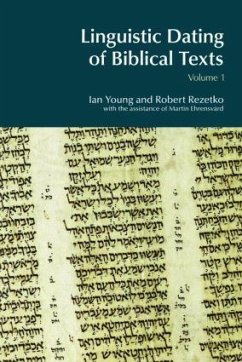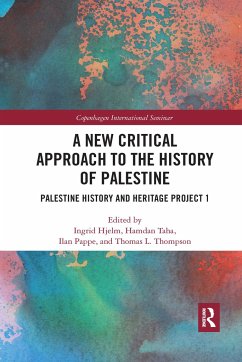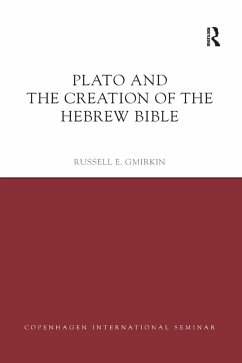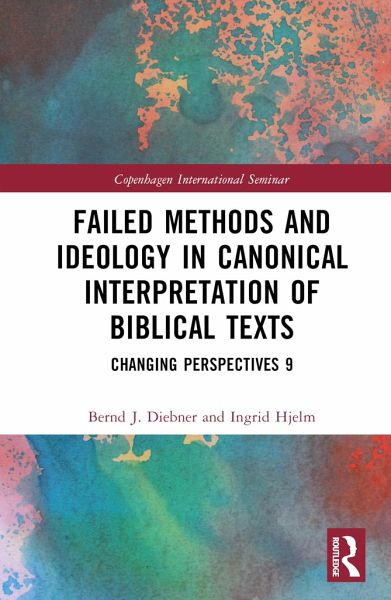
Failed Methods and Ideology in Canonical Interpretation of Biblical Texts
Changing Perspectives 9
Herausgegeben: Hjelm, Ingrid
Versandkostenfrei!
Versandfertig in 6-10 Tagen
154,99 €
inkl. MwSt.
Weitere Ausgaben:

PAYBACK Punkte
77 °P sammeln!
This volume by the late Bernd J. Diebner presents an anthology of studies previously published only in German from 1971 to 2020 on a wide range of topics in biblical studies.The 18 essays in this collection offer profound insight into the works of German scholarship which have strongly influenced biblical studies and related research in the 20th century. Being an important, but lesser recognized 'member' of the Copenhagen school, Diebner voiced serious criticism of contemporary biblical scholarship which is discussed in the first seven chapters. The remaining chapters offer challenging new per...
This volume by the late Bernd J. Diebner presents an anthology of studies previously published only in German from 1971 to 2020 on a wide range of topics in biblical studies.
The 18 essays in this collection offer profound insight into the works of German scholarship which have strongly influenced biblical studies and related research in the 20th century. Being an important, but lesser recognized 'member' of the Copenhagen school, Diebner voiced serious criticism of contemporary biblical scholarship which is discussed in the first seven chapters. The remaining chapters offer challenging new perspectives on well-known themes, narratives, and compositions related to history, ideology, and archaeology, on the one hand, and text and canon, on the other, as alternatives to traditional historical-critical approaches.
Now published in English for the first time, this volume makes these essays available to Anglophone students and scholars of biblical and ancient Near Eastern studies.
The 18 essays in this collection offer profound insight into the works of German scholarship which have strongly influenced biblical studies and related research in the 20th century. Being an important, but lesser recognized 'member' of the Copenhagen school, Diebner voiced serious criticism of contemporary biblical scholarship which is discussed in the first seven chapters. The remaining chapters offer challenging new perspectives on well-known themes, narratives, and compositions related to history, ideology, and archaeology, on the one hand, and text and canon, on the other, as alternatives to traditional historical-critical approaches.
Now published in English for the first time, this volume makes these essays available to Anglophone students and scholars of biblical and ancient Near Eastern studies.






